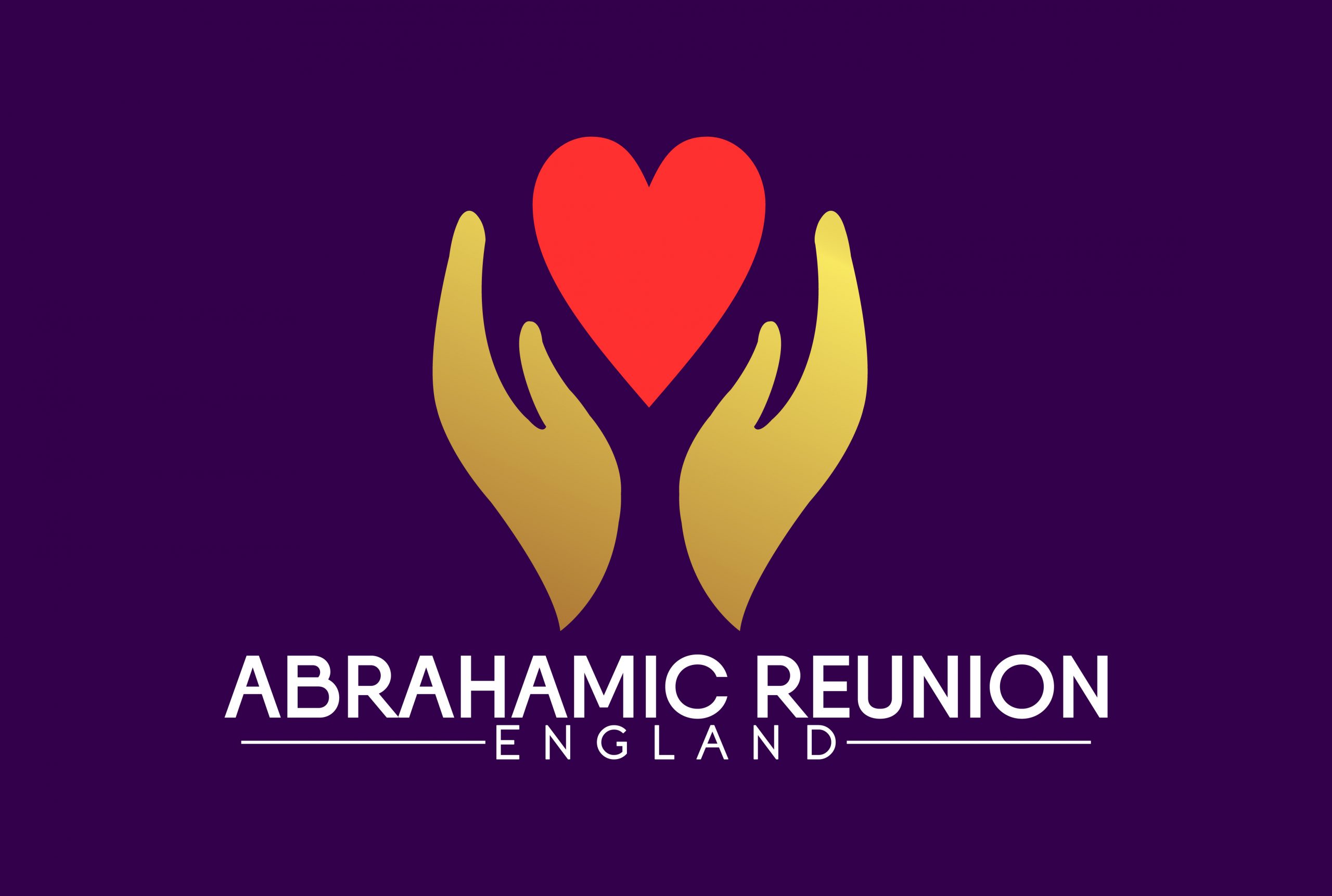The Best Food in Ramadan
“Both read the Bible day and night, but thou read black where I read white.” These words of William Blake are apropos to the observance of Ramadan, a holiday which inspires both acts of violence as well as conciliation and generosity. Although the press often focuses on the isolated incidents of the former which are the exceptions, I will focus on the latter which are the rule.
In the context of Ramadan, the Koran stresses the connection between the human and the divine stating, “One who is unable to fast can instead give charity” (Sura 2, Verse 184).The holiday’s traditional greeting “Ramdan Kareem” literally means Ramadan Generosity.
The meal at the end of each day’s fast, the Iftar, provides an excellent opportunity for an Islamic-Jewish encounter. I once attended an Iftar in which elders from Hebron hosted Jewish residents of the region. The topic of the evening was Ramadan customs that are unique to Hebron. The Arabic name for Hebron “Al Khalil” means Friend, referring to Abraham, friend of God. Central to Ramadan in Hebron is the meal of Abraham – thousands of plates are made for the poor in ancient brass pots. We also learned that it is customary for the women of Hebron to briefly leave the kitchen while the food cooks to allow the matriarch Sarah to enter and stir the dishes. We were told this is why Hebron has the best food during Ramadan. Granting this role to Sarah shows an ability to overcome tensions in the family, as Sarah the biblical mother of Isaac had a stormy relationship with Hagar the mother of Ishmael.
A year ago, I attended a most memorable Iftar hosted by the Abrahamic Reunion on a date on which Jews also fast, the 17th of the lunar month of Tamuz. Muslims end their fast at sundown whereas Jews wait until the stars are visible about 20 minutes later. Upon realizing this discrepancy, Sheik Abed Salem Manasra of Nazareth announced in the name of the Muslim participants, “We will all wait for the Jews to finish their fast before eating, so that we may all eat together.” This was a very powerful gesture of respect and understanding.
Later that week I was able to return the gesture. A Jewish woman Rebecca Abramson arranged an Iftar in Jerusalem at the house of a leading Rabbi of Israel’s ultra-orthodox community, Rabbi Yoel Schwartz. The guest of honor was a close friend of mine, a prominent Sheik from Ramallah. I was about to begin the afternoon prayer which must be said before sundown when the Sheik called me. He had arrived and was waiting on the corner for me to pick him up and take him to the meal. I made a quick calculation: if I pray now, I won’t bring him on time to the beginning of the Iftar. Every minute of my prayer elongates his fast. Using a Talmudic dispensation that one can pray even while riding a donkey if by stopping he won’t be able to concentrate out of concern about the delay, I recited the prayers while driving to pick him up. At the meeting, Rabbi Schwartz asked the participants to disregard their separate identity labels and to meet as brothers and sisters in loving and serving God. The discourse was so moving that Rachel Shofar, a translator who has devoted her life to Jewish-Muslim reconciliation, broke out in tears, “we have come to this, we have come to this”.
The Tears of Abraham
After the Iftar in Jersualem I drove Rachel back to Hebron, and we began speaking about a mutual friend in Hebron. She then told me a story that moved me especially deeply.
Our shared friend is a sort of a Godfather in his hamula (clan). One day, he asked me to write a letter on his behalf to Yariv Ben Ezra, the Israel Defense Forces (IDF) commander responsible for security in the Jewish part of Hebron. That same day my son, Hillel, was sworn into the IDF in a ceremony at the Western Wall in Jerusalem. Earlier we were told that his battalion, Tzabar, of the Givati infantry brigade, would be serving in Hebron.
I wrote to Yariv telling him that my son would soon be serving under him, and that each Shabbat when he comes home from the army that I bless him to return in peace and return with the peace. “You are in charge of the peace in Hebron and responsible to insure the security of all. Know that we have partners who to seeks to live in peace.” I then listed different acquaintances for him in Hebron one by one. I didn’t think my Arab friend could read Hebrew, but I sent him a copy of the letter anyway. I was moved when he called to tell me that he and the other sheikhs pray for Hillel and for all to return from Hebron in peace.
On the drive back, Rachel told me that she happened to be with our Arab friend when he received the letter. “He told me that he wanted to understand each word so he asked me to translate. The way I cried tonight is the way he cried when I read the letter.”
